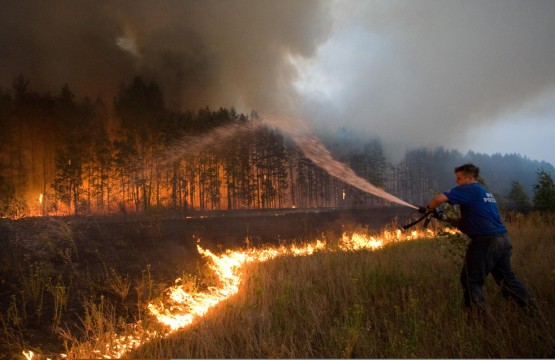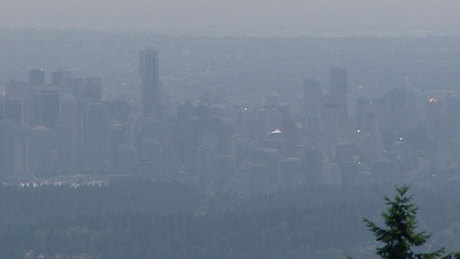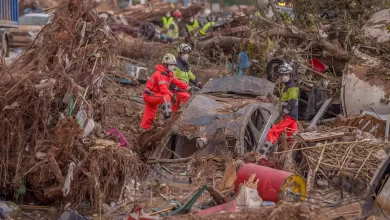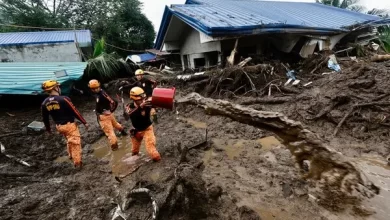
Eastern Russia is burning. Over the last twenty four hours in eastern Russia, including Yakutia, was burned over 12 thousand hectares of forest.
The rescue operation in Eastern Russia involved more than a thousand people. The Russian authorities used to extinguish the fire sent 22 planes and helicopters. Since the beginning of the season in this region of Russia broke out nearly 2000 fires that devoured 250 thousand hectares.
Smoke from massive wildfires in eastern Russia is creating hazy skies above British Columbia, and pushing ozone levels up to record levels in some parts of the province’s Interior.

Fires burning in Siberia / foggy British Columbia skies caused by eastern Russian massive forest wildfires
Experts say that smoke, not moist air or smog, is producing the the haze, which has blocked mountain views and creates spectacular sunsets, is mostly from fires burning in Siberia. Metro Vancouver’s superintendent of environmental sampling and monitoring – Ken Reid, says the smoke is drifting across the Pacific at several thousand metres before being forced to lower altitudes as it approaches Vancouver and British Columbia.
The experts says they have never seen ozone levels as high in British Columbia’s central Interior as they have seen the last few days. The Environment Ministry’s objective is to keep ozone levels below 82 parts per billion and the level in the Williams Lake areas has reached 84 parts per billion.
Air quality advisories have been issued for Quesnel, Williams Lake, Prince George, Kamloops, Merritt, Smithers, Burns Lake and Houston in recent days. The Siberian smoke also carries a lot of other pollutants, but the ozone levels had dropped, and a cold front should clear out the haze over the next few days.
[adrotate banner=”48″] Landslide in Cameroon Following Heavy Rains: Dozens Trapped Under Debris
Landslide in Cameroon Following Heavy Rains: Dozens Trapped Under Debris Valencia Requests €31 Billion in Aid Following Devastating Floods
Valencia Requests €31 Billion in Aid Following Devastating Floods North Korea tests suspected intercontinental missile
North Korea tests suspected intercontinental missile Death Toll from Tropical Storm Trami in the Philippines Rises to 97
Death Toll from Tropical Storm Trami in the Philippines Rises to 97